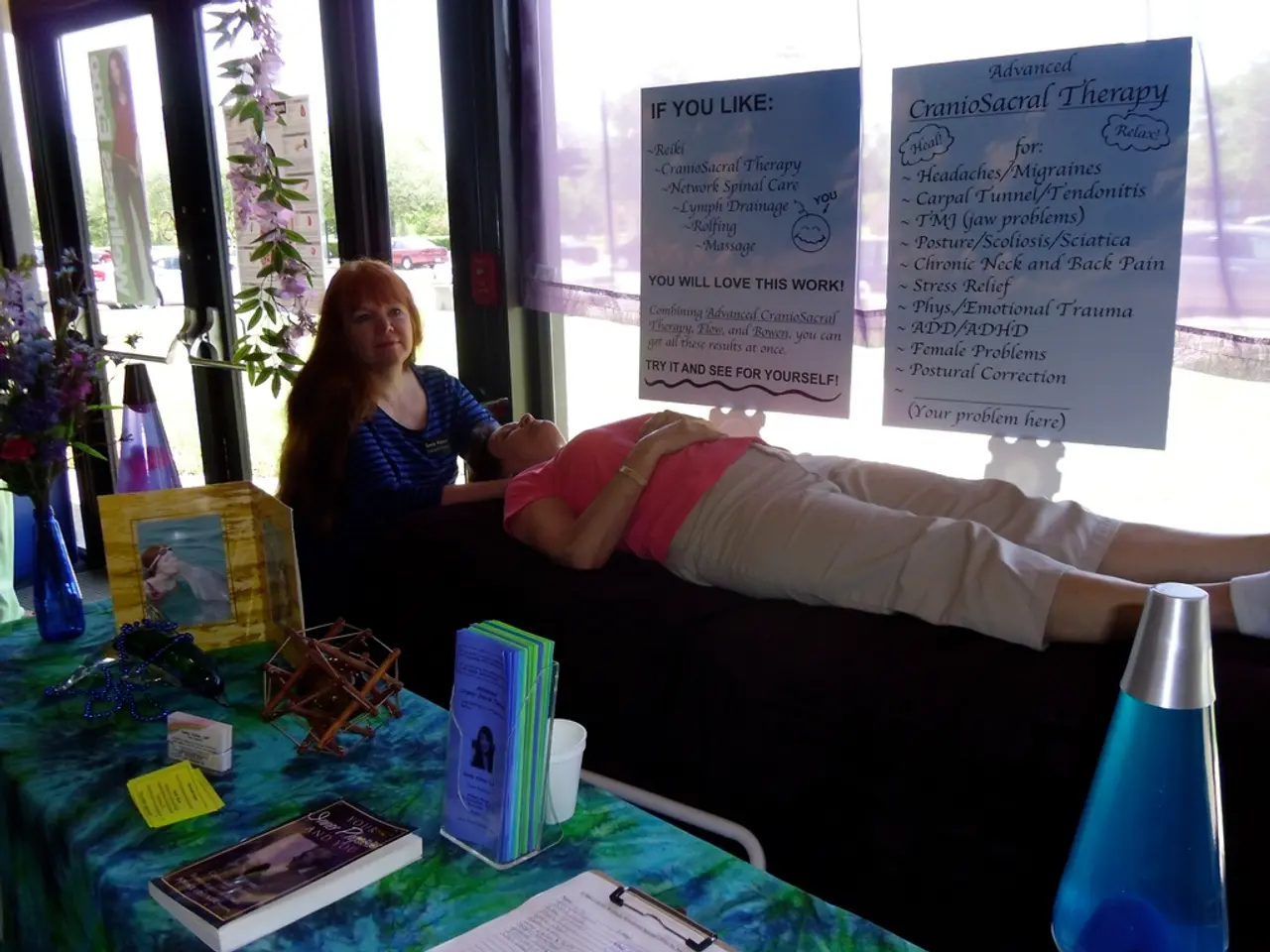Is there someone close to you experiencing severe anxiety or depression?
In the United States, mental health issues are a common challenge, with anxiety disorders being the most prevalent, affecting 40 million adults, or 18.1% of the population. These issues can stem from mood disorders such as depression, anxiety, or simply feeling overwhelmed by life's stressors.
If you suspect your loved one is struggling with mental health issues, it's important to approach the situation sensitively. Unsolicited advice is not helpful, so instead, ask how you can assist. When a loved one expresses they are having a hard time or feeling overwhelmed, listening to them is one of the most important things you can do.
Significant changes in behaviour or daily activities can be a cause for concern. Warning signs of depression or anxiety include feelings of hopelessness and helplessness, withdrawing from others, losing interest in activities or hobbies, changes in sleep patterns or appetite, periods of uncontrollable crying or emotional numbness, problems with hygiene, housekeeping or work performance, racing thoughts, panic attacks, feeling easily overwhelmed or overstimulated, feelings of dread or impending doom, increased irritability or anger, preoccupation with thoughts of death or dying, and thoughts of suicide.
If your loved one is expressing thoughts of suicide, it's crucial to take immediate action. Encourage them to talk about their feelings and stress the importance of seeking professional help immediately. If they are resistant to the idea of therapy, you can offer to help them find therapists specializing in anxiety nearby.
If you fear your loved one is in immediate danger of making a suicide attempt, take them to the closest emergency room or call 911. Don't get frustrated or give up; keep encouraging them to get help and seek professional help sooner rather than later if they're expressing thoughts of suicide.
It's also essential to determine if they have access to means of inflicting harm and to ask direct questions about their use of substances. Suggesting a conversation with their doctor about their experiences can also be helpful.
When a loved one isn't ready for professional help, it's important to be patient and wait. Gently suggest again later, but don't force the issue.
The Anxiety and Depression Association of America (ADAA) is a key organization in the USA providing professional help for people suffering from anxiety disorders. They offer resources, support, and referrals to mental health professionals specialized in anxiety treatment.
Remember, helping a loved one with mental health struggles is challenging, but your support can contribute significantly to their recovery. Avoid using terms like "nervous breakdown" or "mental breakdown" as they have a negative connotation and imply personal weakness or failing. Instead, focus on offering a supportive ear and encouraging professional help when needed.








